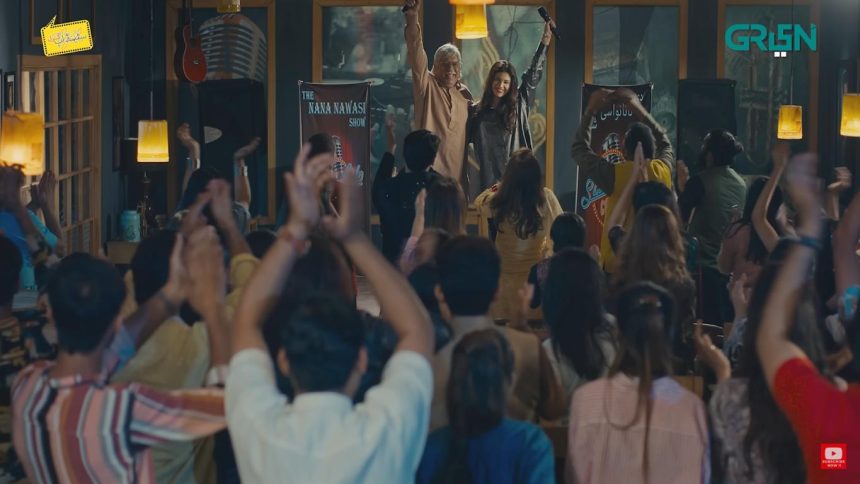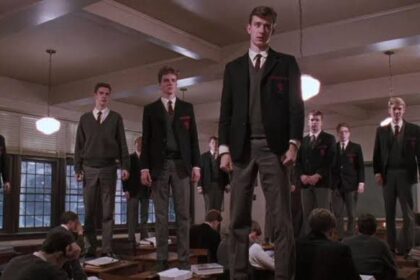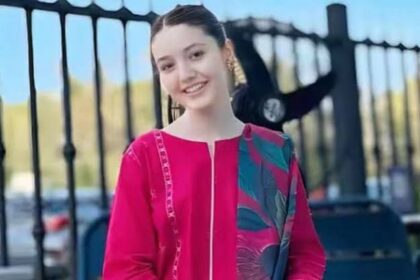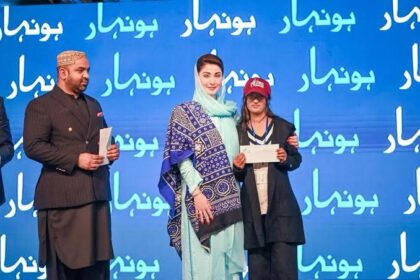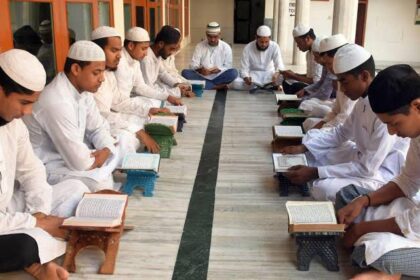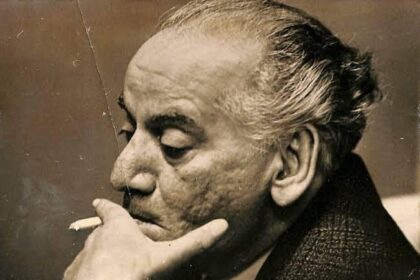Picture this: The entertainment industry is extremely busy churning out drama after drama; there’s a flood of new soaps and series, but all of them have one thing or the other in common. Sometimes it’s a cunning mother-in-law conspiring a plan to ruin her son’s wife; sometimes we have our hero, a completely sane man, go insane midway through the series for no good reason; every five minutes we find our female lead, in a pool of glycerin-induced tears, profusely apologizing for a sin she did not commit. In the midst of this chaos, once in a blue moon, we are bestowed with a light at the end of the tunnel.

One such light was Standup Girl.
Directed by the maestro, Kashif Nisar, and co-written by Awais Ahmad and Adeel Afzal, Standup Girl is a project of Green Entertainment produced by Q&K Productions (in association with Multiverse Entertainment).
Standup Girl is essentially a story of Lahore and its artists. Zara (played by Zara Noor Abbas) is an aspiring standup comedian and daughter to Nayla (played by Asma Abbas). Zara realizes she has been living a lie when her cancer-stricken mother reveals the truth behind her past. She discovers that the father, who she thought was imprisoned in a foreign country, is actually a weakling who deserted Nayla after she ran away with him in her youth. The ‘martyred’ maternal family she believed in is, in fact, very much alive and not at all what Nayla had made them out to be.
The ‘Baray Mamu’ (played by Adnan Shah Tipu) is not an army officer but a theater actor, the ‘Chote Mamu’ (played by Saad Azher) is not a CSS officer but a rickshaw driver, and the ‘Choti Khala’ is, in fact, not a doctor. After her mother’s demise, Zara leaves Islamabad with her grandfather, ‘Nana Mian’ (played by Sohail Ahmed), who is a renowned and retired Punjabi comedian. In between Nana Mian’s household and Androon Lahore’s bustling food life, Zara finds herself living a life of chaos.

But our standup girl finds a haven and a moment of peace in Cafe by Chance, a sanctuary for budding artists of Lahore. Here she meets our male lead, Kabir, an aspiring rapper (played by Daniyal Zafar) and friend of the cafe owner, Johri (played by Ali Jaan).
The complexity of Standup Girl and its plot is something that can only be fully understood if you follow the story from the beginning till the end, so my motive as an avid Gen-Z drama viewer is not a summary but rather a review.
How Standup Girl Stands Out:
So, what is new in Standup Girl that sets it apart from any other P.T.V. drama? For starters, the entire plot. It is rare for a drama of ours, no matter how well received by the audience, to be completely novel in its narrative. Standup Girl’s originality not only made it exciting to watch but also rendered its plotline unpredictable. Furthermore, the characters are as unconventional as their story. Zara, for example, is a witty, unapologetic, candid woman (with a fair amount of rage) who knows what she wants in life. Is she flawed? Yes, but also incredibly real. Kabir, on the other hand, is gentle, sensitive, calm, and yet not a doormat.
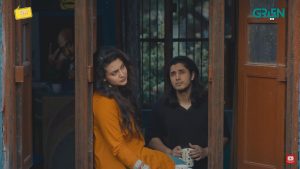
Where we see women portrayed as one-dimensional, petty, and insecure characters in most of our dramas, Standup Girl is a breath of fresh air. Nana Mian’s household is as progressive as any average middle-class family, but the women are still the strongest voices of reason in it. They stick together, becoming each other’s advocates whenever the need arises. There’s no backstabbing, no flashbacks, and no unnecessary slo-mos.
Most impressively, the relationship between the male and female characters is not contrived, whether it’s that of colleagues, friends, or lovers.
Themes & Narratives:
Standup Girl tackles a number of themes in a refined and subtle way, which also makes it easier for the audience to digest them. There is a clash of ideologies, identity crises, and a hint of imposter syndrome, but nothing feels in your face.
The show portrays generational gaps, gender role reversals, class differences, family values, and a whole lot of unlearning of societal norms and expectations, all through the glass of comedy, with laughter and care.
Actors & Characters:
They are all flawed and yet adorable characters you want good things to happen to. Whether it’s Hina ‘Khala’ (played by Tamkenat Mansoor), Raju (played by Saqib Sameer), who is a devoted student of Nana Mian, Afreen and RaheelaMami (played by Maira Saeed and Farah Tufail), Johri, Waseem, and Saleem Mamu, or Khayal Mirza (played by Adeel Afzal), the next-door neighbor and self-proclaimed poet, I have failed to find a weak link or a major fault in anyone’s acting. The comedy, especially Nana Mian’s household’s part, was thoroughly enjoyable. Sohail Ahmed, with his comedic timing, was impeccable throughout the show, and as much as Zara’s character was a bit difficult to digest for some people, I personally felt that Zara (the actor) was completely in her element and that this might be one of the best performances of her career yet. Another pleasant surprise in terms of nailing his character was Daniyal Zafar with his natural and fluid dialogue delivery. In short, I started the drama for the actors and stayed for everything it had to offer.
To sum it up, if I were a part of Nana Mian’s family, I would describe Standup Girl as a comfort food, a warm plate of daal chaawal with a bit of achaar on the side.




